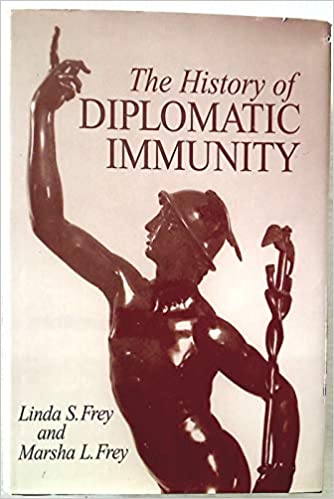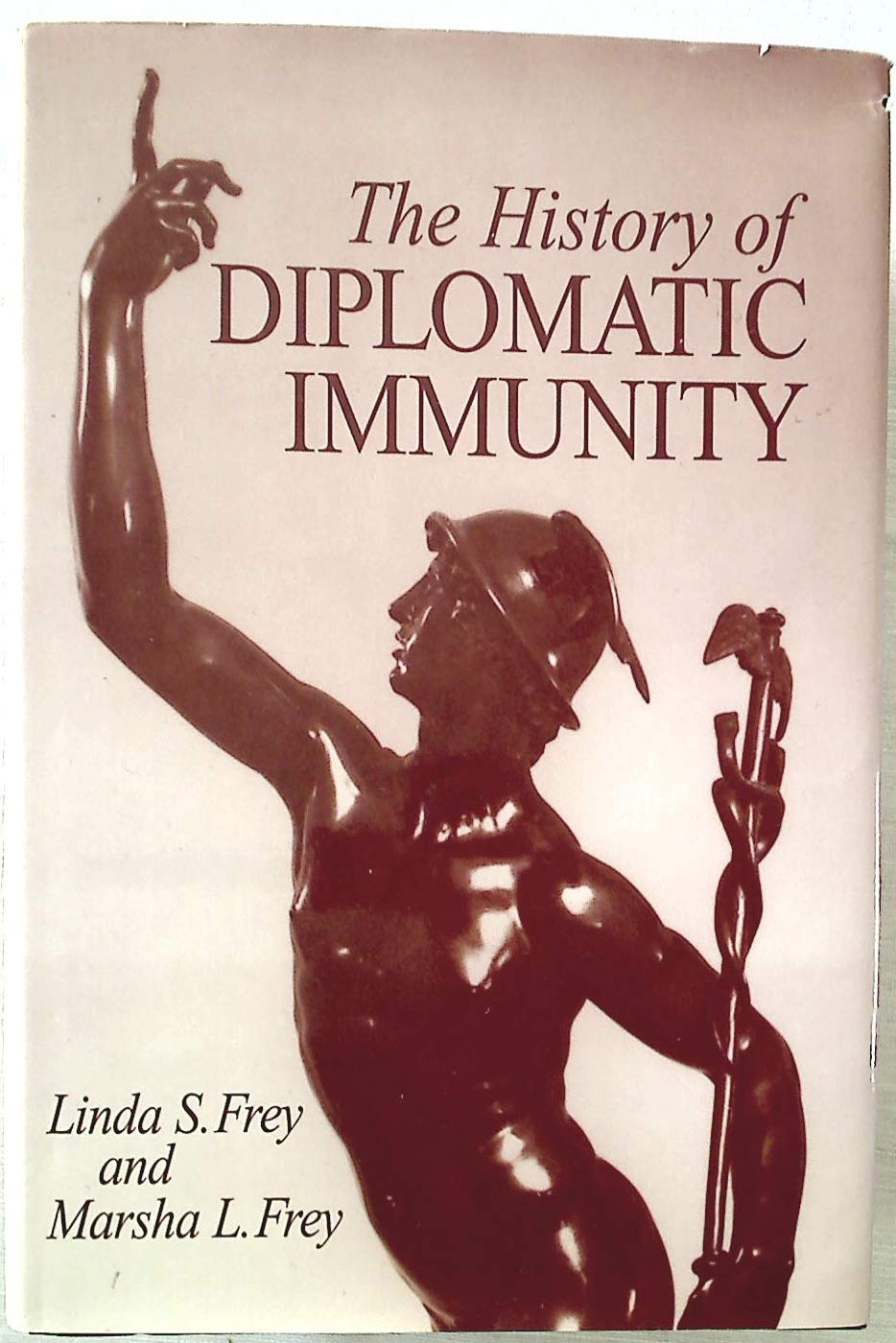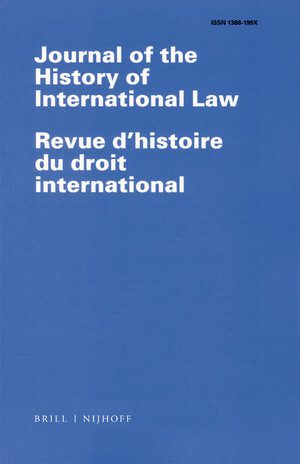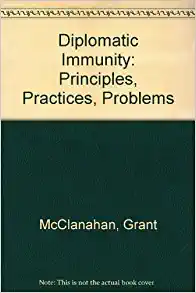Author: Rosalyn Higgins
The Abuse of Diplomatic Privileges and Immunities: Recent United Kingdom Experience
1985
You may also be interested in

Convention on Diplomatic Asylum
The text discusses the Convention on Diplomatic Asylum.

The History of Diplomatic Immunity
A thorough and extensive book on diplomatic immunity covering Western tradition, the Ottoman Empire, and the Far East. It provides a comprehensive historical overview, but its heavy reliance on examples and cases sometimes clouds key ideas. The authors occasionally overemphasize reciprocity's role in diplomatic relations, overlooking other significant factors. The book also paints a bleak picture of late 20th-century diplomacy, neglecting positive aspects like the strengthening of the international system. Despite some flaws, the reviewer recommends it to students.

The system of privileges and immunities applicable to the international organisations in Switzerland and to the permanent foreign delegations in Geneva
Amadeo Perez is Legal Adviser to the Permanent Mission of Switzerland to the International Organisations in Geneva, and this booklet is therefore authoritative. It is a revised edition of an article published in the UNITAR Employment Guide by Jean-Pierre Vettovaglia in 1991. As will thus be clear, it is designed to provide a non-legalistic description of its subject for new members of the Geneva diplomatic corps, specifically, those on the staff of the international organizations headquartered there as well as those attached to the permanent missions accredited to them.
Convention on the prevention and punishment of crimes against internationally protected persons, including diplomatic agents
The Convention defines internationally protected persons and outlines crimes against them, emphasizing the need for preventive measures and cooperation among States for the punishment of such crimes. Jurisdiction, extradition, fair treatment of offenders, and mutual assistance in criminal proceedings are also addressed within the Convention.

Diplomatic Privileges and Immunities
The text discusses the distinctions between privileges, immunities, and facilities in the context of diplomatic relations. It explains how privileges exempt diplomats from certain laws, while immunities protect them from legal processes in the receiving state. Diplomatic facilities are provided to aid in the duties of diplomatic missions. The history of diplomatic privileges and immunities is traced from ancient times to modern diplomacy, highlighting the role these concepts play in international relations. The text also touches on the evolution of diplomatic practices, from the Renaissance to...

The History of Diplomatic Immunity
This is a massive book in more than one sense. It is over 700 pages long, including an invaluable bibliography which itself stretches over 70 pages. While dwelling chiefly on the Western tradition, it also takes in the Ottoman Empire and the Far East.

Draft Articles on Jurisdictional Immunities of States and their Property
Text adopted by the Commission at its forty-third session, in 1991, and submitted to the General Assembly as a part of the Commission’s report covering the work of that session. The report, which also contains commentaries on the draft articles, appears in Yearbook of the International Law Commission, 1991, vol. II

A diplomatic analogy: International functionaries and their privileges
Although many have grappled with the question of what privileges and immunities international officials should enjoy, no satisfactory theoretical framework has evolved. This paper discusses how the issue evolved over time, how extensive the problem is and why the response been so ineffectual and the resolution been so intractable.

Did diplomatic immunity exist in the ancient Near East?
The text discusses the concept of diplomatic immunity in the ancient Near East.

Diplomatic Immunity: Principles, Practices, Problems
Diplomatic Immunity: Principles, Practices, Problems" explores the concept of diplomatic immunity, its application, and the challenges it poses.

Outrage: Diplomatic Immunity
The piece discusses the abuse of diplomatic immunity by foreign officials to evade legal consequences for serious crimes committed in host countries, highlighting the need for accountability and justice in these situations.

The Abuse of Diplomatic Privileges and Immunities: Recent United Kingdom Experience
The abuse of diplomatic privileges and immunities has been an issue in the United Kingdom recently, leading to concerns and consequences.
The latest from Diplo and GIP
Tailor your subscription to your interests, from updates on the dynamic world of digital diplomacy to the latest trends in AI.
Subscribe to more Diplo and Geneva Internet Platform newsletters!
Diplo: Effective and inclusive diplomacy
Diplo is a non-profit foundation established by the governments of Malta and Switzerland. Diplo works to increase the role of small and developing states, and to improve global governance and international policy development.


